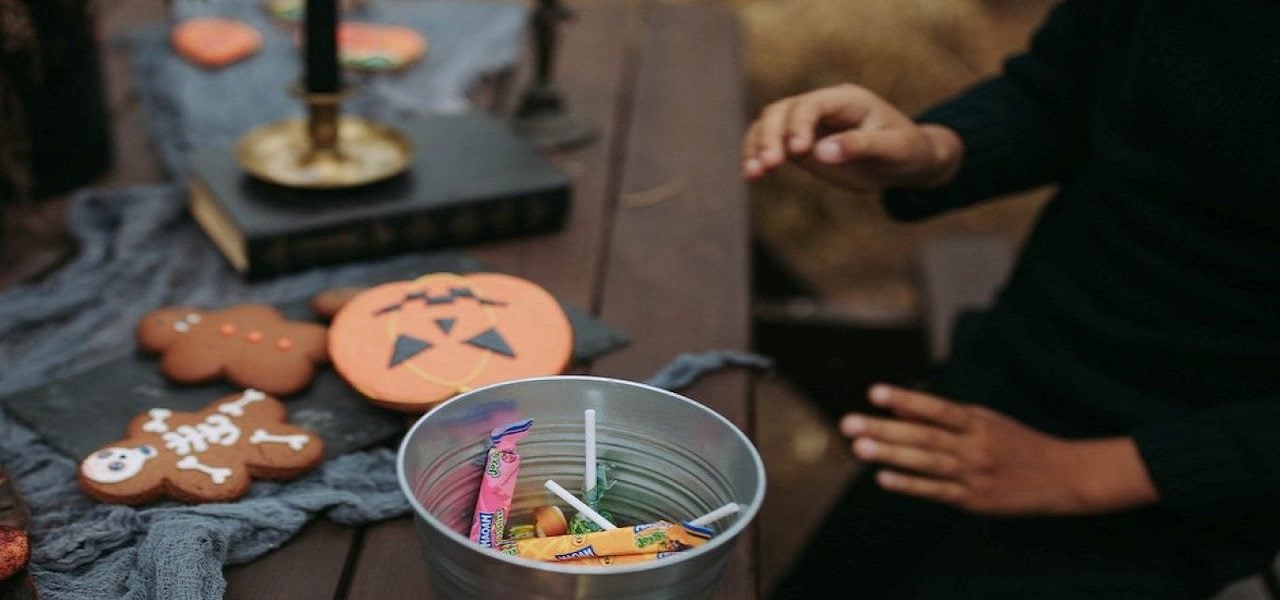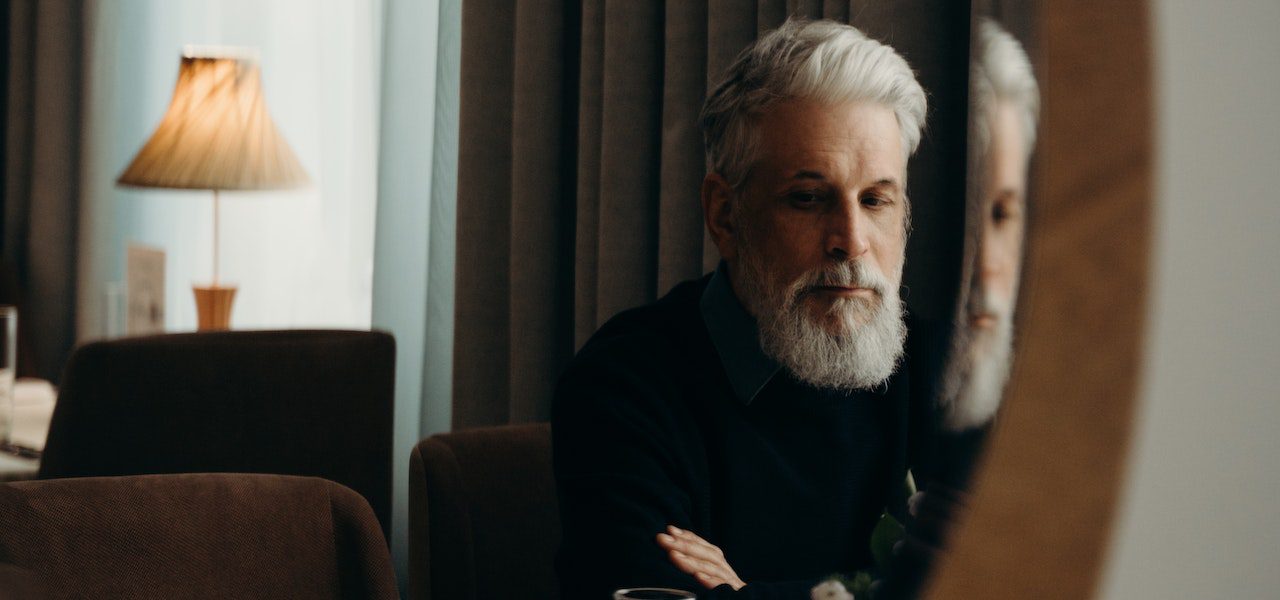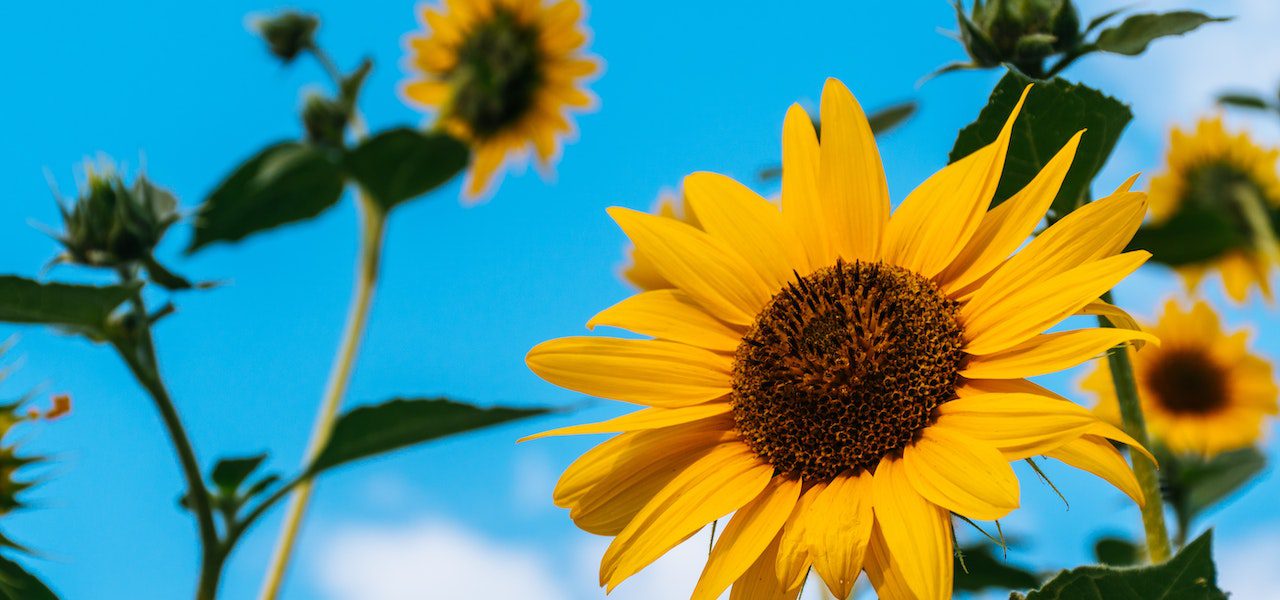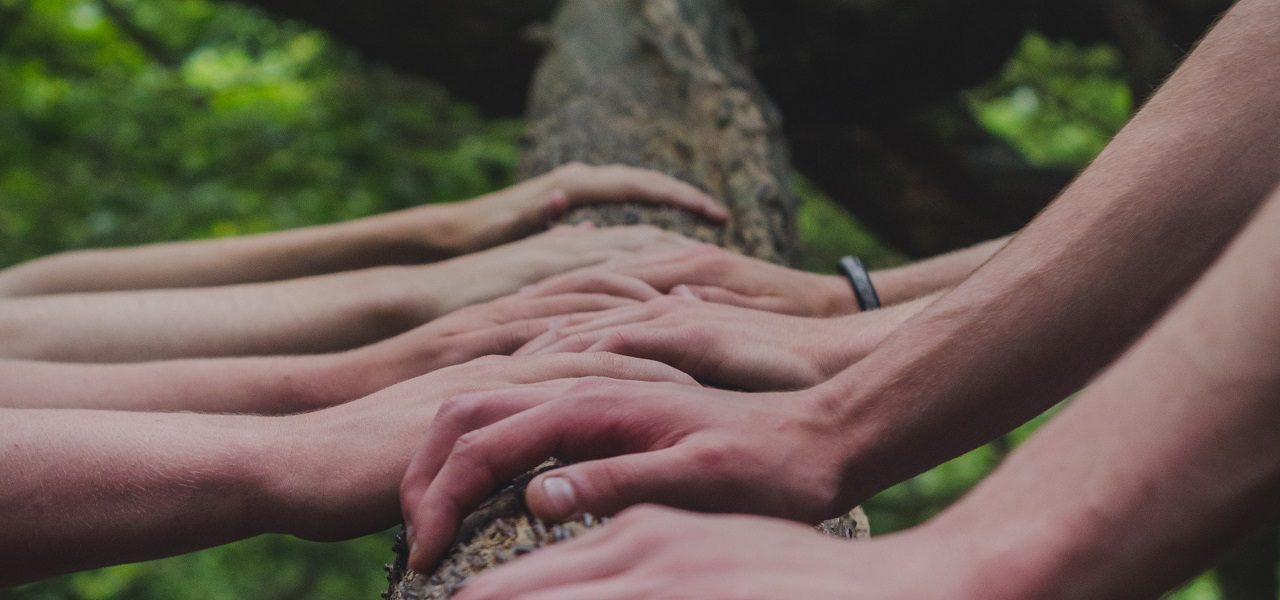Back in the day, as in the days of getting blitzed, I wasn’t too big on parties. I preferred to either be in some bar or cranking up my own tunes and consuming in my own place.
If I felt obligated for whatever reason to attend a gathering and deal with other humans, I could handle a decent Halloween party.
Unlike other holiday themed get togethers, it just seemed that at Halloween parties, I didn’t have to be on my best behaviour. I didn’t have to wear a suit. I didn’t have watch my language as closely. In fact, Halloween parties were usually a little edgy, what with the masks, sometimes risqué costumes and maybe even a sexual tension in the air.
I recall being in my mid 20s and showing up at one wearing a house coat and slippers, a pipe, and an ascot. I was Hugh Heffner of course, and the minute I arrived two rabbits came up to me and we made this great entrance. I may have even won a prize.
A lot of what happened after that is a blur. I don’t remember the prize, or the names of the bunnies. I heard I had a good time.
Thankfully, I am not that guy anymore.
As the Halloween season approaches, tor the first time in a couple of years, people all over the world will be throwing get togethers of the ghoulish variety.
If you are early in recovery, this may be your first party to try out new you. It can be a great opportunity to see how you are doing with this new reality of yours.
Whether you are comfortable with the notion of partying or not, there are a couple of words you may want to be aware of as the 31st of October approaches.
One is Triggers. The other is Strategies.
Triggers
Triggers are basically the things that can put you on edge. They sometimes can mess with your mind and transport you to a place where unwise decisions are more likely to occur.
For folks in recovery, parties, no matter what the theme, may always be a little bumpy. Difficulties with small talk, unhealthy comparisons, expectations, awkward reunions with family and friends – all of it, in the past, led us to take the edge off in unhealthy manners.
Triggers can be as simple as a song or smell, a person you know or a chair you used to sit in.
As you develop time in recovery, you may want to look at the triggers of your own life.
Are there certain people, places, or things you associate with your using days? What are the chances those people will be there? What bars or houses did you consume in, and will you be expected to be there for that Halloween party you have been invited to? What sorts of parties did you go to back in the day, and will this be just like that, except you will be abstinent? Will this set you up for feelings of inadequacy or insecurity? Do you even know how to mingle without a glass of something mood altering in your hand?
You have a few weeks or months away from the old life, but don’t expect those uneasy feelings to be entirely gone when it comes to socializing.
Life in recovery promises us we are not a glum lot. So, if you are bound and determined to face this important part of life, having a plan of attack is a really good idea.
Strategies
Do some recon. How predictable is this get together going to be, anyway?
Oh sure, you can expect plenty of Rocky Horror Picture Show Time Warp or Monster Mashing to be part of the scene, but if the dark side of the Halloween party is sure to be present, maybe you shouldn’t be there to greet it.
Maybe Nancy Regan had it right. Maybe you can just say No. The truth is you don’t have to go to any damned party, ever. Christmas, birthdays, Easter bunnies or Halloween goblins – it is your life, your recovery. You paid a heavy price to get to this point of your journey. Without your recovery, chances are you won’t have parties to attend. So, in the spirit of fighting or at least standing up for your recovery, know your safety level. Be accountable. If you are going to be triggered, then “No, thanks” is a valid response to any invitation. You don’t need an excuse. Your recovery is more than sufficient.
Nonetheless, living in the world under the world’s terms includes learning, or in many cases re-learning, how to appropriately socialize. Maybe it is a work thing. Maybe it is a politically savvy idea to be present even for a little while. Maybe someone you know or want to know better will be there or has invited you.
How best to look after your recovery? Go with someone safe. A friend, a family member, someone with their act together. Someone who knows you are in recovery and, if you must leave right now, someone who has your back. No questions asked.
Take your own vehicle if possible. Do not force yourself to remain somewhere unsafe because you are at the mercy of someone else for transportation. It is an escape plan.
Keep your beverage in your hand. Do not allow someone the opportunity to spike your drink accidentally or purposefully by being too casual about it.
Get used to saying “No, thanks” if someone offers you something. “No, thanks.” Simple, to the point. You don’t need to be snarly about it. The truth is most people offering drinks or drugs will just shrug and move on, anyway. More for them. If by some fluke you do get pestered, “Seriously, I’ve had my share” is also a perfect response. And given our pasts, plausibly true.
But again, check your motives. if that scenario is likely to occur, maybe the first strategy to deploy, before you even get there, would entail asking yourself, “Why am I going there, anyway?”
There is another option for Halloween parties, of course – one hosted by people in recovery.
Recovery Parties
Out on Canada’s West Coast, Christina M.’s face lights up mischievously when asked about parties. Clearly, she is a party aficionado.
At 42, this mother of a four-year-old, wife, and parole officer has been in recovery since she was in her mid 20s. She compares her definition of partying from a before and after lens.
“Before, it was misery, but we called it partying,” she says with a pause, “because that is an easier description than drug addiction. Early on in my using I would go to parties, but I was pretty much alone in the end. Doing drugs alone or with other drug users. You know, at 8 a.m. in a shitty apartment somewhere.”
When she came out of residential treatment at a Nanaimo’s Edgewood Treatment facility in 2006, (one of the EHN’s largest centres) Christina worked and went to school. In the early years of her recovery, she was not big on going to parties at all.
“If there was anyone drinking, if there was a school function or something like that, I excused myself for a long time.”
But she also had made many close friends with women in her recovery community. They became a close-knit group of support for each other. As their circle fortified, the friends began to make sure they didn’t miss out on the fun side of life. That included parties.
“I didn’t go anywhere where my sober friends weren’t. We went together. Everybody was welcome. Whether you were Mr. or Ms. Popular or whoever you were, whatever your quirks were, whatever your whatever was, you were invited. We wanted everybody to be sober. We stuck close to our sober friends.”
Those relationships remain the anchors of her life post treatment. Her moments of doubt are few and far between, and she is a walking example of what contented recovery can look like.
“Oh, 1,000 percent we are staying sober by being together,” Christina says of her posse of sober buddies. “I wouldn’t change it for the world. I mean, our kids were born together, a week apart sometimes for some of us. So, we have children that are best friends, a lot of us. All of that. My life is just too much this way now to go the other way.”
After a few years, her supportive circle of friends began to socialize even more. Campouts, dances, softball, volleyball, paintball, you name it. Fun was there to be had. And that meant parties, too.
There was a learning curve involved in attending functions where alcohol was likely to be present. But she learned well from her months in treatment about the importance of strategies when attending events outside the wire of recovery.
“I was always trepidatious about outside things. I was always anxious about even going to a wedding with my family. Those things scared me,” she recalls.
But she learned fast how some of the principles of recovery work well in those decision-making moments.
“Group conscience works for everything. If you are talking to your support, and if you are feeling trepidatious, nobody is going to say, ‘Yeah, that is a really great idea. You should go to that alcohol party.’ Like nobody. And if they do, you need some different friends.”
When it comes to strategizing, she has some clear ideas.
“Well, the Number One thing is you don’t have to do anything alone. You take sober friends with you. And not just one – take three! You could probably convince one to drink. But you can’t convince everyone to drink. So, go in a group.”
“Taking responsibility for your own recovery is just a good idea. Checking in. How do I actually feel about this? Maybe I should do some box breathing and see if this really me trying to get drunk here? Check my motives.”
But when it comes to attending functions where there is no alcohol involved, these are perfect step-up-to-the-plate opportunities.
“Sure, we all had our own drama with each other, but we would come together for peoples’ birthdays and celebrations,” she says. “I mean there is the awkwardness and the angst and the heart pounding anxiety to walk in the door and all those things, but with my sober friends, I don’t recall ever feeling scared to use or was triggered to use from a sober party. Is it awkward? Sure. But everybody is feeling a little awkward.”
They say humankind is a naturally social creature, and fun is not foreign to people in recovery.
“I think we are always looking for a reason to get together, we are looking for something to do. If you have something, sober people will come – they want to do stuff, too. They don’t want to sit at home and watch movies all the time.”
As it turns out, Christina and her friends are pretty good at throwing parties. They are hardly quickly tossed together gatherings. Halloween is not done half measured with this bunch.
“Usually, we figure out who is going to do it, and then we all help organize it. It is a thing. It is a big thing,” she says convincingly.
“Once we held one out at someone’s house who lived on an acreage. It was big. We planned and planned and planned and decorated. There was like $5,000 in fireworks involved. A bonfire. It makes it a good party and good memories when people are really into it.”
So, what are the ingredients of a good sober party?
Well, a theme like Halloween speaks for itself. Good music, good costumes, good fun. Oh, and great grub, too.
“I have always found food at a sober party is super important. If people know there is going to be good food there, and they are sober, that is a top priority.”
How times have changed, says a reflective Christina.
“I mean, I didn’t care about what I ate when I was drinking. But I want to have something tasty now. I remember once I had a party and I made ribs and people just stayed and ate ribs all night long. And when there are women involved at sober parties, potluck things, depending on your group, sometimes there is really fancy food. I like that, but I will have all sorts. Like, I will have the macaroni salad, but I will also have Bree cheese and charcuterie.”
In the end, with Halloween fast approaching, and with the pandemic finally lifting its grip on the social lives of those in and out of recovery, Christina and her friends are ready to roll.
“There is one happening this year. Somebody just sent me an invite! What makes it good is 100 people were invited, all walks, old, young, kids, whatever. You just never know who is going to show up. I looked through the list and didn’t see a single person who wasn’t sober!”
Turns out Halloween and recovery do go together. Party on!
Jeff Vircoe is a journalist and a man in long term recovery. He lives in Parksville, B.C.



